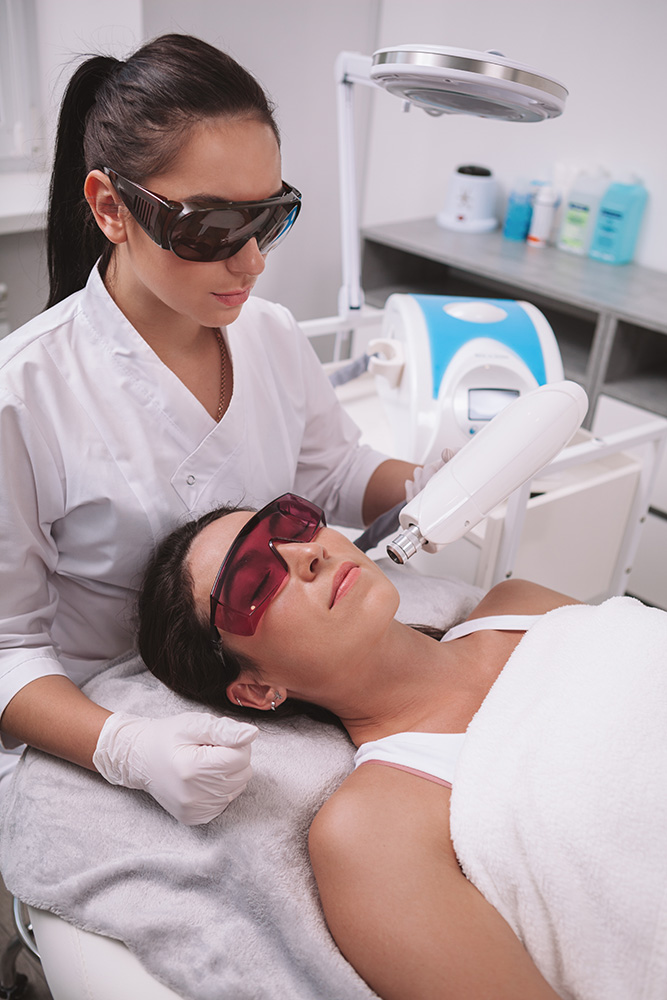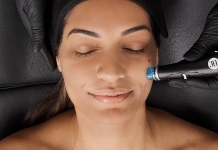ABT welcomes government consultation on high-risk cosmetic procedures
 Following the launch of the Government's consultation into unregulated cosmetic procedures, Associated Beauty Therapists (ABT) has moved to reassure members.
Following the launch of the Government's consultation into unregulated cosmetic procedures, Associated Beauty Therapists (ABT) has moved to reassure members.
The proposed cosmetic procedures licensing aims to protect consumers in England against poorly performed high-risk treatments and introduce an age limit for those undergoing non-surgical cosmetic procedures (it is already illegal to administer Botox and fillers for cosmetic purposes to under 18s). Under the proposed scheme, practitioners and their premises from which they operate would require a license operated by local authorities to perform certain high-risk cosmetic procedures.
A majority of non-surgical cosmetic procedures covered under the ABT Beauty Therapist Membership are likely to fall within the lowest risk category.
Commenting on the Department of Health and Social Care's consultation, Dave Horton, ABT Director, reassures members saying:
“The proposed cosmetic procedures licensing, as far as we are concerned currently, will not affect basic beauty treatments and we welcome sensible changes with our industry in mind that protects our members and raises standards for the end consumer.
“ABT have been in discussion internally and externally regarding this situation for several years. It is important to remember that nothing changes today, nor next week, probably not next year as this is a process a decade in the making and changes will be well thought out, considered and will take significant time to be discussed, let alone implemented. We will work with all members to secure the very best outcomes for them and the wider industry.
“Associated Beauty Therapists currently do not have a product, insurance or membership solution for injectables such as filler, Botox or Vitamin injections and regulation would significantly assist us forging that pathway safely for our skilled, trained and professional members. It is important when performing any treatment to be suitably trained, competent and insured, however with these higher risk treatments, where product diversion may also be a contributing risk factor, it is even more imperative standards are met and maintained.”
In relation to licensing, the consultation proposes to categorise treatments as follows:
•
Green: procedures with the lowest risk of complications
•
Amber: procedures with medium risk of complications
•
Red: procedures with the highest risk of complications
Treatments which fall into the Green category which may be covered under ABT's Full Beauty Therapist membership, subject to optional extension premiums, additional training and pre-requisites may include but are not limited to the below (see www.abtinsurance.co.uk for full details).
•
microneedling
•
mesotherapy
•
intense pulsed light (IPL) and light emitting diode (LED) therapies
•
chemical peels that involve destruction only into viable epidermis (the outermost layer of the skin)
•
micropigmentation (semi-permanent make up), including microblading and nanoblading
•
non-ablative laser hair removal
•
photo rejuvenation (the use of a laser to treat skin conditions including wrinkles, acne scarring, sun damage)
In addition to which treatments should be included under proposed licensing, the consultation will also consider age restrictions for non-surgical cosmetic procedures. ABT back the legal requirement in England for clients to be aged 18 years or over to access Botox and filler treatments for cosmetic purposes. In addition, ABT policy states that professionals should be over the age of 18 years to train in and perform advanced treatments.
Dave Horton, ABT Director, concludes:
“I would like to reassure ABT Members that according to the Department of Health and Social Care's initial documentation, non-surgical cosmetic treatments covered under ABT's Full Therapist Membership are proposed to fall into the scope of the ‘Green' lowest risk category. At this stage, we do not believe that the implementation of cosmetic procedures licensing would have an adverse effect on our members' policies. Should the outcome of the consultation process identify any areas of concern, we will of course be here to support our members as necessary.
“I would urge all interested parties to engage with the consultation process, as ABT will be, to ensure their views are heard.”
This consultation period closes on Saturday 28th October 2023 and will be followed by discussion with stakeholders and the public to consider education and training standards, infection control and cleanliness, indemnity requirements and licensing fees.
Further information on the consultation and how to participate can be found on the Department of Health and Social Care's
website.
Further information on any insurance product mentioned, membership application forms, policy wordings, terms and conditions are available at www.abtinsurance.co.uk

-13546.png)






